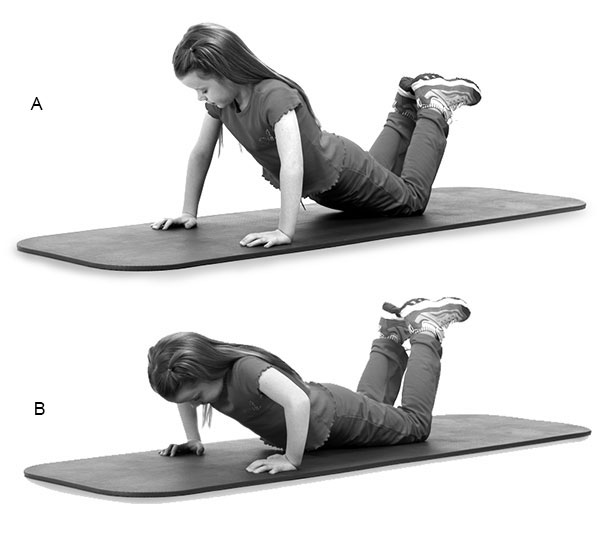Less Sleep = MORE Weight
We’ve talked about the importance of sleep in the weight loss/weight maintenance puzzle. It’s one of those pieces to the puzzle that’s often overlooked. However, this is a big mistake as more and more science continues to mound that supports the sleep/weight gain theory.
So here’s the simple message — sleep more, weigh less … with most research suggesting the 8 hour mark being ideal for losing and maintaining your body weight.
But just when you think the "chapter" in this story is closed, another interesting study comes out …
… showing that as little as 80 minutes of less sleep per day adds up in terms of the calories you eat.
Check this out:
The study was recently presented at a conference. The two groups of participants were divided — one group slept their usual time, while the other slept approximately 80 minutes (just 1 hour, 20 minutes) less per night. This went on for eight nights. The following days, subjects were allowed to eat as much as they wanted.
The other piece to the puzzle – the group who slept less didn’t burn any more calories, so they weren’t waking up 1 hour and 20 minutes early to go out to Mohr Results Boot Camp or do any other type of workout.
And boy did they – this small amount of sleep "deprivation" — just 1 hour, 20 minutes, resulted in the subjects overeating 594 calories extra (the equivalent of nearly 7 cans of soda!). All else being equal, this amount of calories would lead to over a 1 lb weight gain each week!
Wow.
All for a little shut eye. Now the exact reason this happens is still being determined. There are some data that suggest specific hunger hormones, namely ghrelin, are affected. Or maybe it’s as simple as when you don’t get enough sleep, you have to eat more to boost your energy the following day to stay awake. Maybe since you’re awake for longer, you’re eating more. Regardless, this weight gain/sleep connection has been shown time and time again.
Here’s a similar study published in the American Journal of Clinical Nutrition that compared 2 levels of sleep — 4 hours vs. 8 hours — and measured food intake the following day.
They learned after just a single night of getting just 4 hours of sleep (sleep deprivation) the subjects at 22% (an average of 559 calories) more the following day compared to the group who got just 8 hours of sleep!
While this short term study was small, it definitely opens the door for more research on this topic to see if continued sleep deprivation (defined as 4 hours in this study) and subsequent overeating could be a major cause of obesity.
Bottom Line:
Burning the candle at both ends and thinking just "1 night of lack of sleep won’t hurt me" is false. Sleep is an easy part of the equation to control — even aiming for just 1 more hour each night will help. Every little bit of additional sleep helps!
Now go lay down!
-
Lean Belly Prescription
Travis Stork, M.D.—host of The Doctors on TV—sees the devastating effe
-
Its Not Just 8 Weeks:
Since we launched our Belly Off! program in January, it̵
-
Are Restaurants Lying to You?
It sucks when a restaurant messes up your order—but it’s even worse if
-
Tips to Eat Smart and Lose Weight:
RISE BEFORE THE SUN, jog before breakfast, and eat three home-cooked m
-
7 Must Have Foods in Your Pantry
As we talk and work with more and more people, the more we realize ho
-
Diet Strategies: 9 Weight Loss Techniques
1. To lose weight, you must cut caloriesThe low-fat/low-carbohydrate d
- DON'T MISS
- 3 Hashtags That Help You Drop Weight
- Do You Want to Downsize That?
- Eat Sugar and Still Lose Weight
- Diet Strategies: The Bible and Weight Loss
- Transform Your Body:
- Eat More Food, Lose More Fat
- Diet Strategies: Stress and Fat
- Weight Loss and Diet Soda
- The Fat-Burning Food Group
- Abs Diet: Total Body Exercise




